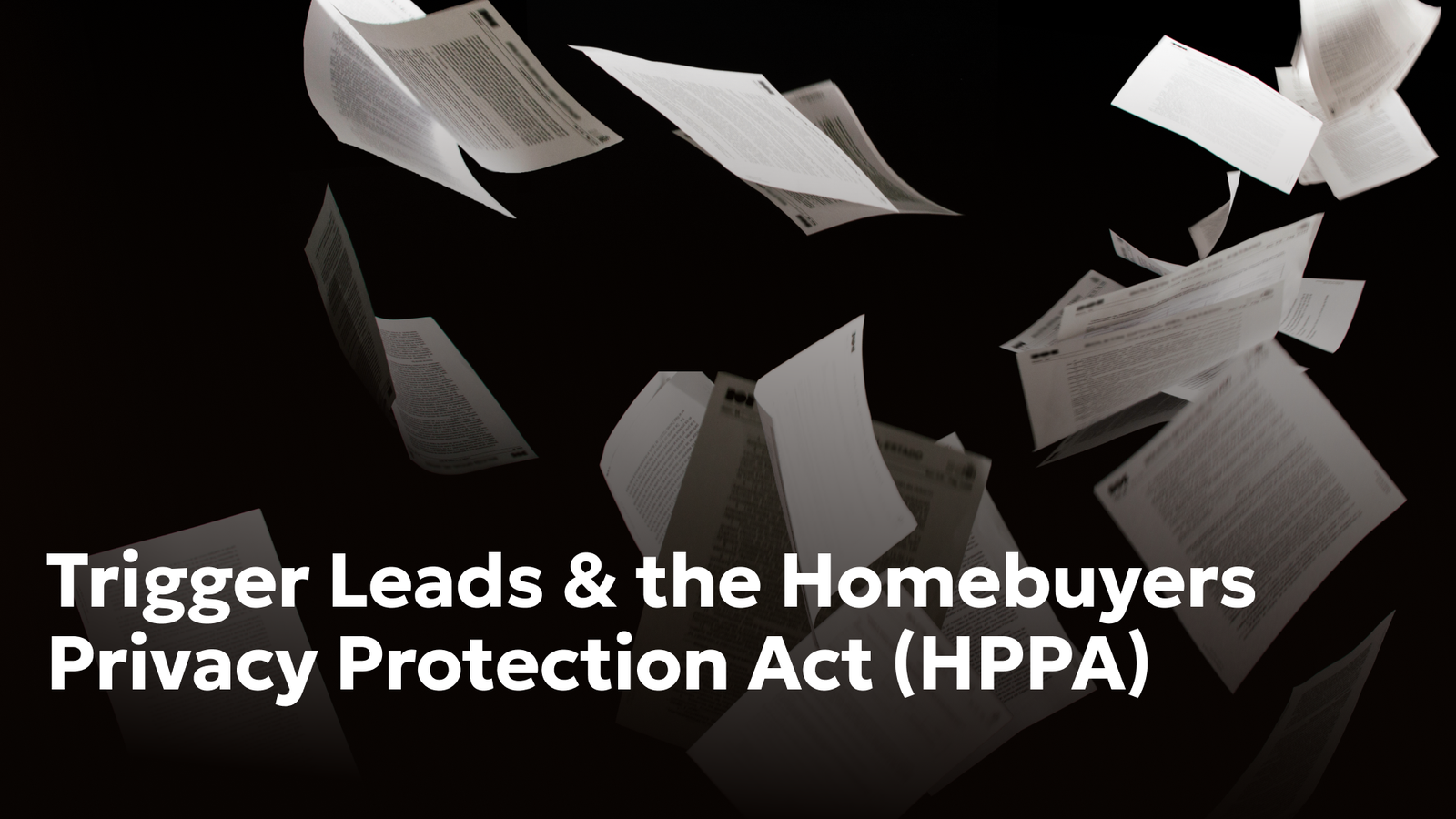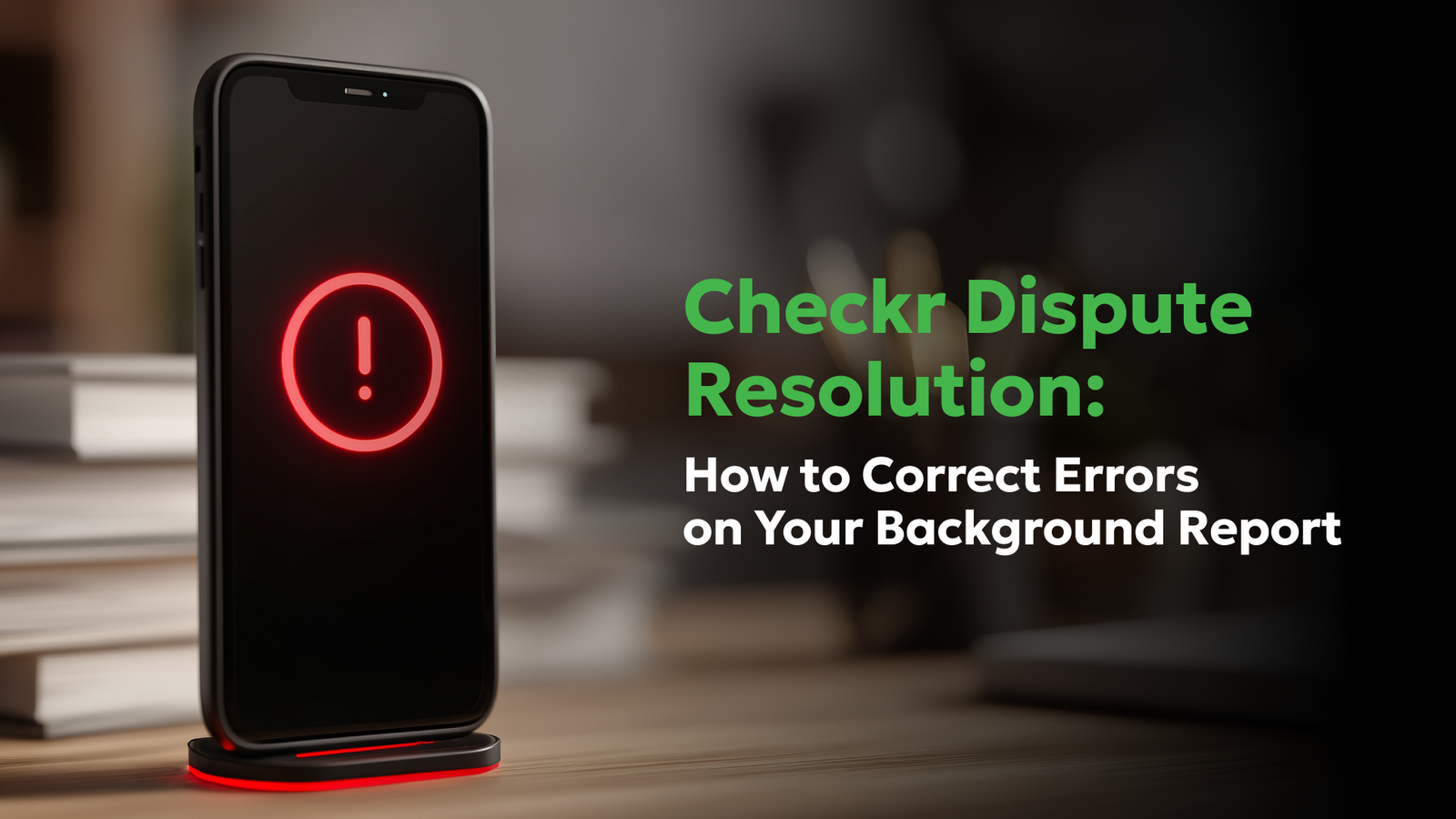How to Dispute Criminal Background Check Errors
- Blog
- All about FCRA
How to Dispute Criminal Background Check Errors

Criminal background check errors set you back. Learn how you can offset the errors and get help from our lawyers, today!
Let's explore the most common criminal background check errors, how you can dispute them, your rights under the law, and how our attorneys can help you make a quick comeback.
One of the questions we get from our clients is “How do I correct errors on a criminal background check?” This is a valid question especially when you find mistakes on a criminal screening but don’t know how to begin the process of having them removed. If you’ve ever applied for a job, you were likely required to submit to a background check and most background checks include a criminal check.
Getting a criminal background check seems simple enough, but for some people, it isn’t so simple when there are discrepancies contained in a background screening report. In this article, we explain what you should do if you find incorrect information on criminal background checks including how to dispute inaccuracies on a criminal background check.
Disputing errors when you find them is crucial because doing so can be the difference between getting a job opportunity and losing out on a career of a lifetime. Let’s jump into the different types of background check errors, and what to do when your background check shows false criminal records.
Types of Background Check Errors
There are many types of errors you can find in a criminal background check report. Here are some of the main ones.
- Human errors. Human errors are usually due to wrong information being recorded about an applicant. For instance, if someone inputs the wrong name, birthdate, or Social Security number, it can cause false information to be reported in criminal background reports.
- Mixed files. Sometimes background screening companies confuse the criminal records of two or more people. When this happens any charges or convictions that belong to another person will be reported. This creates major problems because oftentimes our clients do not have a criminal record at all but are reported as having convictions for crimes they never committed.
- Reporting expunged or old charges. If charges are expunged or old, background check companies will sometimes report the charges, convictions, or arrest records that should not be legally reported. Offenses that were dismissed or expunged but still showing as current can cause people to lose job opportunities.
- Dishonest reporting. The perception most people have when agreeing to background screenings is that the background check company will do their due diligence to accurately report information. However, the reality is that companies are not always honest, and they do not always follow the proper protocols set by law. When this happens, erroneous information gets reported causing job and rental applicants to lose opportunities that they would otherwise be able to benefit from.
Common mistakes happen more than most people anticipate and it’s important to know how to fix a criminal error on a background check when you find them. Keep reading to learn more about the rights the FCRA gives you during the dispute process.
The Dispute Process
If you discover that your criminal background check is wrong, you have a right to dispute the errors you find. Here is the typical dispute process:
- Contact an attorney. The dispute process is tedious, time-consuming, and frequently unhelpful. You can start the process by getting help from an attorney.
- Get a copy of your background report. If you request a copy of your background report, by law, the screening company must give you a copy.
- Check for errors. After you get a copy of your report, spend some time locating errors. Notating errors will come in handy later in the dispute process.
- Contact the screening company. After you pinpoint all errors, you should contact the background check company. You will need to write a letter pointing out the mistakes and provide necessary documents to prove your case. We suggest submitting the letter via certified mail as opposed to disputing online since certified mail requires you to waive less of your rights.
- Investigate. The background company normally has about 30-days to investigate the disputes and respond.
- Follow up. Continue to follow up with the background company. You have a right to follow up with the company and request documents when the law permits.
As stated previously, the dispute process can be rough to say the least. Typing dispute letters, following up with the background company, and filing a lawsuit all take time and skill. An attorney is a useful resource for efficiently navigating through the dispute and litigation processes.
How an Attorney Can Help
Criminal background checks with wrong information should be addressed right away! Seeking the assistance of an consumer attorney when challenging criminal background check errors is invaluable because a lawyer for background check will take care of the entire dispute and litigation process for you. Our lawyers will help you dispute criminal background checks that are incorrect and hold the background check company responsible for their actions.
We can help you by drafting dispute letters that incorporate FCRA laws, file paperwork for you with the courts, and by holding the screening company responsible by either negotiating a settlement or litigating in court for you. We’ve helped our clients recover millions of dollars and we believe we can also help you!
Our background check and credit report lawyers have experience disputing errors and having them removed! If you need help with a background check dispute, contact us today!
Frequently Asked Questions
Typically, the most common criminal background check is county criminal records searches. County criminal background checks search criminal records in a specific county where an applicant has worked, lived, and attended school. During these searches, records of criminal convictions, including felonies and misdemeanors, are reviewed. The purpose of county records checks is to identify criminal cases filed in specific county courts, providing detailed and localized information about an applicant's criminal history. This level of scrutiny helps employers ensure they are making informed hiring decisions, particularly for roles requiring a high level of trust and responsibility.
Most criminal record searches review an applicant’s criminal history from the last 7 to 10 years and include records from counties where they have resided. These searches check databases for court and police records useful to employers. The duration covered by a criminal check varies by county, state, and the background check company. Some companies automatically check the last 10 years, while others only go back 7 years. It’s important to check the background check company's policies on their website before agreeing to a background check.
The “best” website for criminal background checks is subjective, as preferences vary based on individual needs. Some websites are praised for their user-friendly interfaces, making it easy for applicants to review their background reports. Conversely, other websites might be more difficult to navigate, complicating the process of finding and reviewing reports. Determining the best website will ultimately depend on each user’s priorities, such as ease of use and speed of delivery. If you are looking for an official resource, government services like the FBI's Criminal Justice Information Services (CJIS) Division can provide comprehensive background information. Consider checking reviews to ensure you choose a service that fits your needs.
To obtain an FBI records check as a US citizen, you should visit the FBI’s website for specific details. On their site, the FBI lists two different ways to request your FBI identification record. Part of the process (regardless of which option you choose), requires you to prove your identity including your name, birthday, and where you were born. Additionally, you will need to include a set of “rolled inked fingerprints.” You can visit your local police station to get rolled-ink fingerprints. Be sure to visit their website and to ensure you provide the required information. Failing to follow procedures could cause the process to slow down significantly.
Obtaining a U.S. criminal record from abroad involves contacting relevant U.S. authorities, such as law enforcement agencies or courts, and submitting a request with detailed personal information. Consider seeking legal assistance if needed. Be patient because this process can take time due to international communication. Review the records carefully upon receipt and follow up with the issuing authority if there are any errors. Be aware of privacy laws and consider authentication and translation requirements. You should also contact the closest U.S. embassy or consulate for assistance. If you have difficulty with this process, contact an attorney for help.


Daniel Cohen is the Founder of Consumer Attorneys. Daniel manages the firm’s branding, marketing, client intake and business development efforts. Since 2017, he is a member of the National Association of Consumer Advocates and the National Consumer Law Center. Mr. Cohen is a nationally-recognized practitioner of consumer protection law. He has a we... Read more
Related Articles




R
ONGS™You pay nothing. The law makes them pay.







